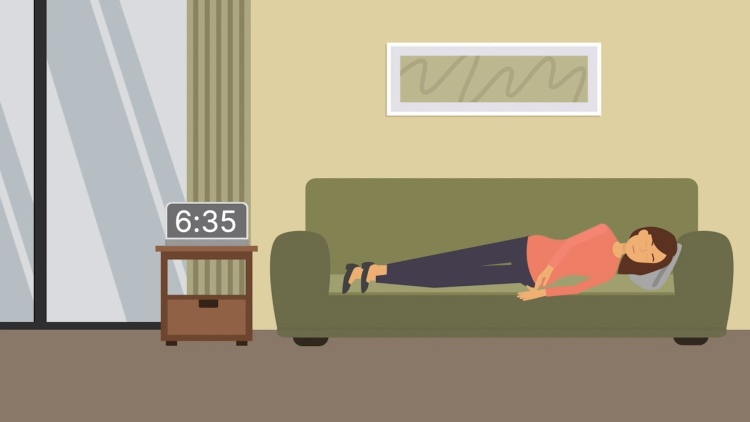People v. Kolzow
Illinois Appellate Court
301 Ill. App. 3d, 703 N.E.2d 424 (1998)
- Written by Samantha Arena, JD
Facts
In August 1996, Donna Kolzow (defendant) returned to her home around 5 a.m. with her three-month-old baby. Kolzow did not immediately go inside the home for fear of waking her sleeping stepmother. Instead, Kolzow waited until 6:30 a.m., when she noticed her stepmother’s car was gone. At that time, Kolzow turned off the car engine, closed the front windows, lowered the back windows a few inches, and locked the car. Kolzow then went into the house, leaving the baby in the back of the car. Kolzow set an alarm for 9:30 a.m. and fell asleep on the couch, later stating that she forgot about the baby in the car. Kolzow’s alarm did not go off, and Kolzow instead awoke at 10:30 a.m. Remembering that the baby was in the car, Kolzow went outside and saw that the child’s face was purple. Kolzow brought the baby inside and called her family. Officers arrived on the scene, finding the baby dead and the car with the rear windows down as Kolzow had left them. An autopsy of the child’s body showed that the baby had died of heat stroke. The State of Illinois (plaintiff) charged Kolzow with involuntary manslaughter. A jury convicted Kolzow following a bench trial, and Kolzow appealed, contending that the evidence was insufficient to prove that she acted recklessly to cause her son’s death.
Rule of Law
Issue
Holding and Reasoning (Frossard, J.)
What to do next…
Here's why 911,000 law students have relied on our case briefs:
- Written by law professors and practitioners, not other law students. 47,100 briefs, keyed to 997 casebooks. Top-notch customer support.
- The right amount of information, includes the facts, issues, rule of law, holding and reasoning, and any concurrences and dissents.
- Access in your classes, works on your mobile and tablet. Massive library of related video lessons and high quality multiple-choice questions.
- Easy to use, uniform format for every case brief. Written in plain English, not in legalese. Our briefs summarize and simplify; they don’t just repeat the court’s language.





